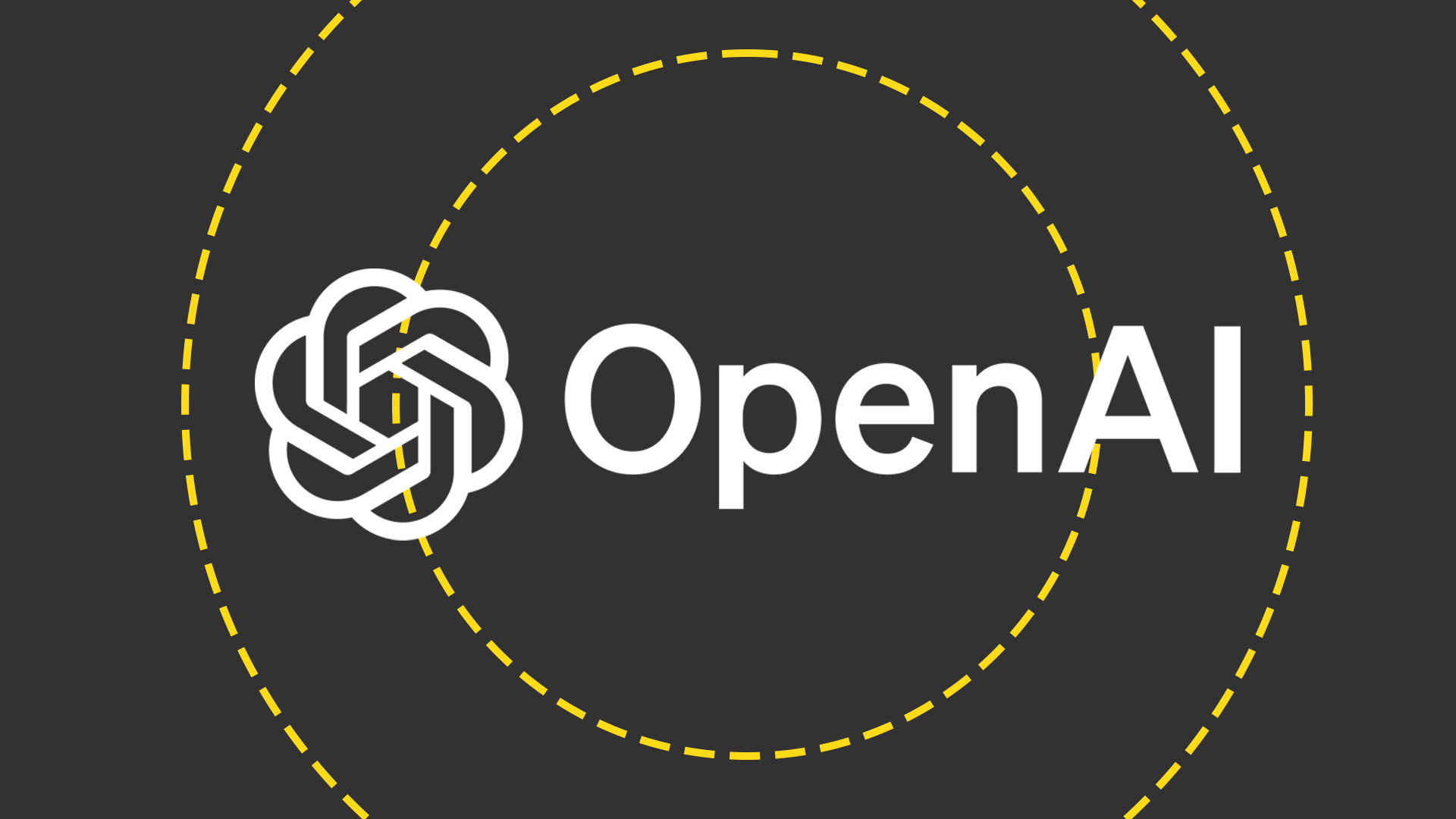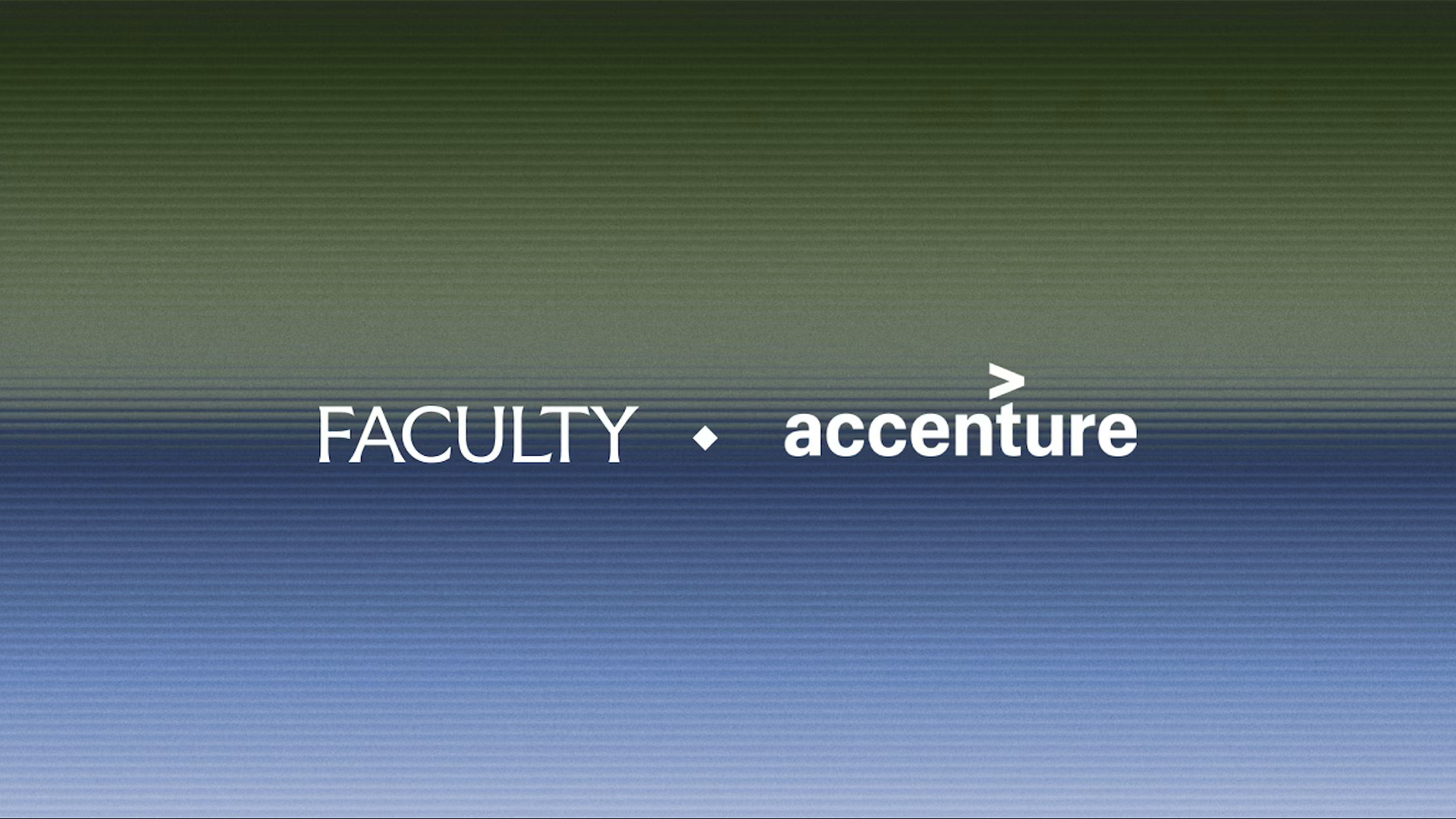OpenAI dropped from AI copyright lawsuit
Developers still targeting Microsoft and GitHub in case now focused on open-source licensing agreements


OpenAI has dodged a copyright lawsuit brought against it by open source developers who believe their code was used to train AI pair programming systems that ended up in Microsoft's Copilot AI assistant.
The group of developers filed a notice of voluntary dismissal last week regarding OpenAI, according to a report in Bloomberg, but will continue the case against Microsoft and GitHub centered on its AI-powered coding assistant GitHub Copilot.
The case is one of many focusing on the provenance of the data used to train AI models. In this case, the allegation is that open source code was used to train paid-for systems that would generate code, potentially a violation of open source licenses that set limits to reuse or require attribution.
AI copyright lawsuit: What's happened so far
The class-action lawsuit was filed in 2022 in California by an anonymous group of programmers.
"By training their AI systems on public GitHub repositories (though based on their public statements, possibly much more), we contend that the defendants have violated the legal rights of a vast number of creators who posted code or other work under certain open-source licenses on GitHub," said co-counsel Matthew Butterick at the time.
However, it didn't focus on straight-forward copyright infringement. Instead, the complaint was that using the tool could spit out code written by open source developers without the necessary attribution and licensing terms that are required when reusing such material. They argued that could violate the Digital Millennium Copyright Act.
The case has been closely watched as an indicator of copyright and generative AI models but has been repeatedly narrowed in scope by its presiding judge. A notable change came at the start of July, when US District Judge Jon S. Tigar dismissed the copyright claims, saying the developers had been unable to prove their code could be replicated perfectly by the AI-powered code assistance tool.
Sign up today and you will receive a free copy of our Future Focus 2025 report - the leading guidance on AI, cybersecurity and other IT challenges as per 700+ senior executives
The suit was allowed to continue by instead focusing on breach of contract to do with violations of open source licensing agreements – and that likely removes the possibility of punitive damages in the case, as those are only in extreme cases of breach of contract, the judge added in his ruling.
AI copyright lawsuit: Breaches of contract
As the case no longer alleges that OpenAI, Microsoft and GitHub infringed copyright, but instead breached contracts. That allows the case to continue, though the plaintiffs have opted to drop OpenAI from the case going forward.
RELATED WHITEPAPER

However, OpenAI and other AI developers still face legal challenges on copyright infringement grounds, including accusations that copyright material from books and newspapers was used in training. The lawyers leading this case, Joseph Saveri Law Firm, have a long list of active cases on AI model training relating to companies ranging from Nvidia to Meta.
Beyond legal questions, AI coding assistants have also raised concerns for security, with research from Stanford University suggesting security vulnerabilities are more likely to be introduced into code when programmers rely on such systems rather than do the work entirely themselves.
OpenAI has yet to respond to a request for comment.
Freelance journalist Nicole Kobie first started writing for ITPro in 2007, with bylines in New Scientist, Wired, PC Pro and many more.
Nicole the author of a book about the history of technology, The Long History of the Future.
-
 AWS just quietly increased EC2 Capacity Block prices – here's what you need to know
AWS just quietly increased EC2 Capacity Block prices – here's what you need to knowNews The AWS price increases mean booking GPU capacity in advance just got more expensive
-
 Accenture acquires Faculty, poaches CEO in bid to drive client AI adoption
Accenture acquires Faculty, poaches CEO in bid to drive client AI adoptionNews The Faculty acquisition will help Accenture streamline AI adoption processes
